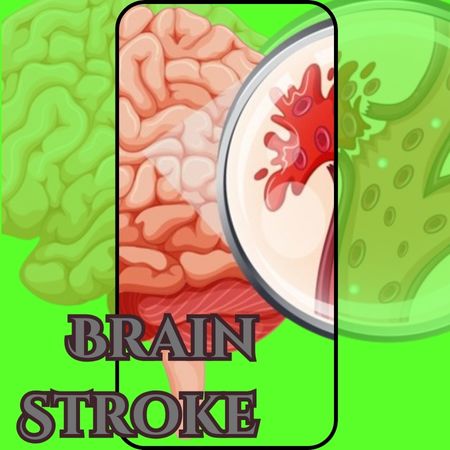Anemia, a condition characterized by a deficiency of red blood cells or hemoglobin in the blood, is more common than one might think. While it can affect anyone, certain groups, such as women of childbearing age, individuals with chronic diseases, and vegetarians, are at a higher risk. Early detection is crucial for effective management and prevention of complications. In this comprehensive guide, we’ll delve into the early warning signs of anemia, emphasizing the importance of regular health examinations and consulting with healthcare professionals for timely intervention.
Understanding Anemia
Before delving into the warning signs, it’s essential to grasp the basics of anemia. Every tissue in the body receives oxygen from red blood cells. Hemoglobin, a protein within red blood cells, binds to oxygen molecules and transports them to cells and tissues. When hemoglobin levels are low, the body doesn’t receive sufficient oxygen, leading to various symptoms associated with anemia.
Fatigue and Weakness
One of the earliest and most common signs of anemia is fatigue. Individuals may experience overwhelming tiredness, even after getting adequate rest. This fatigue can significantly impact daily activities, making tasks that were once routine feel exhausting. Weakness may also accompany the fatigue, with individuals feeling physically drained and unable to perform tasks as usual.


